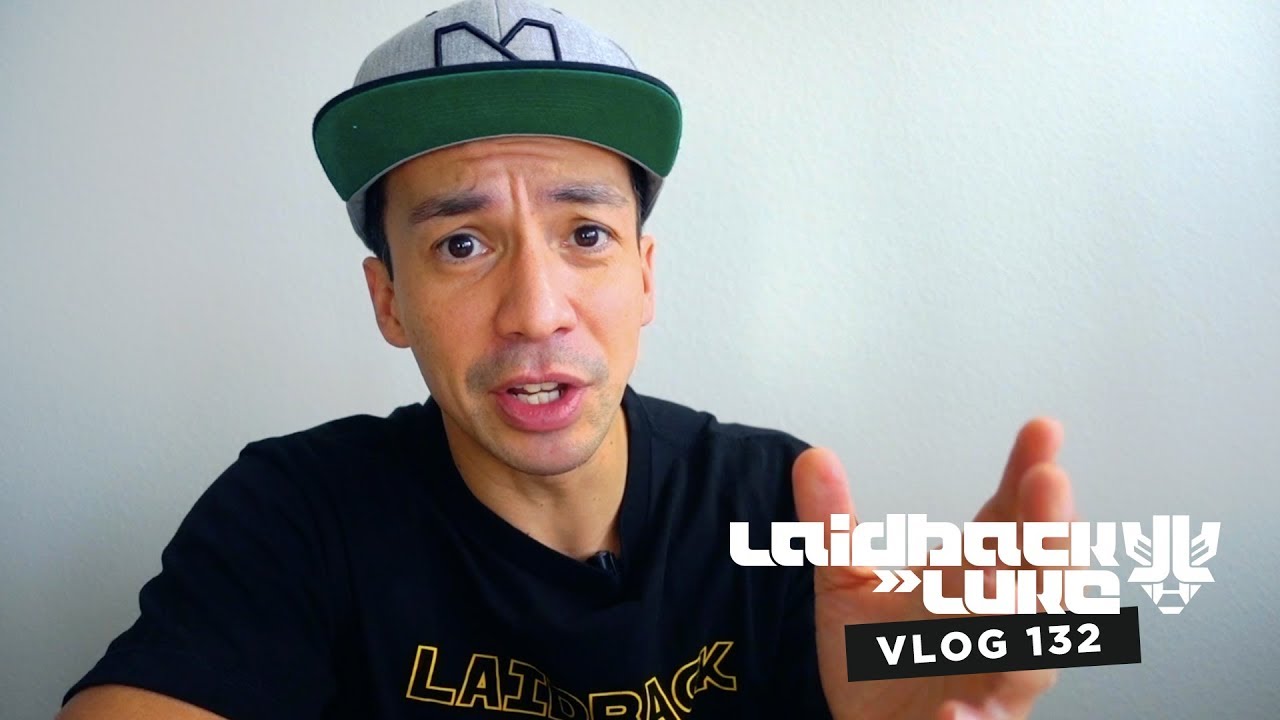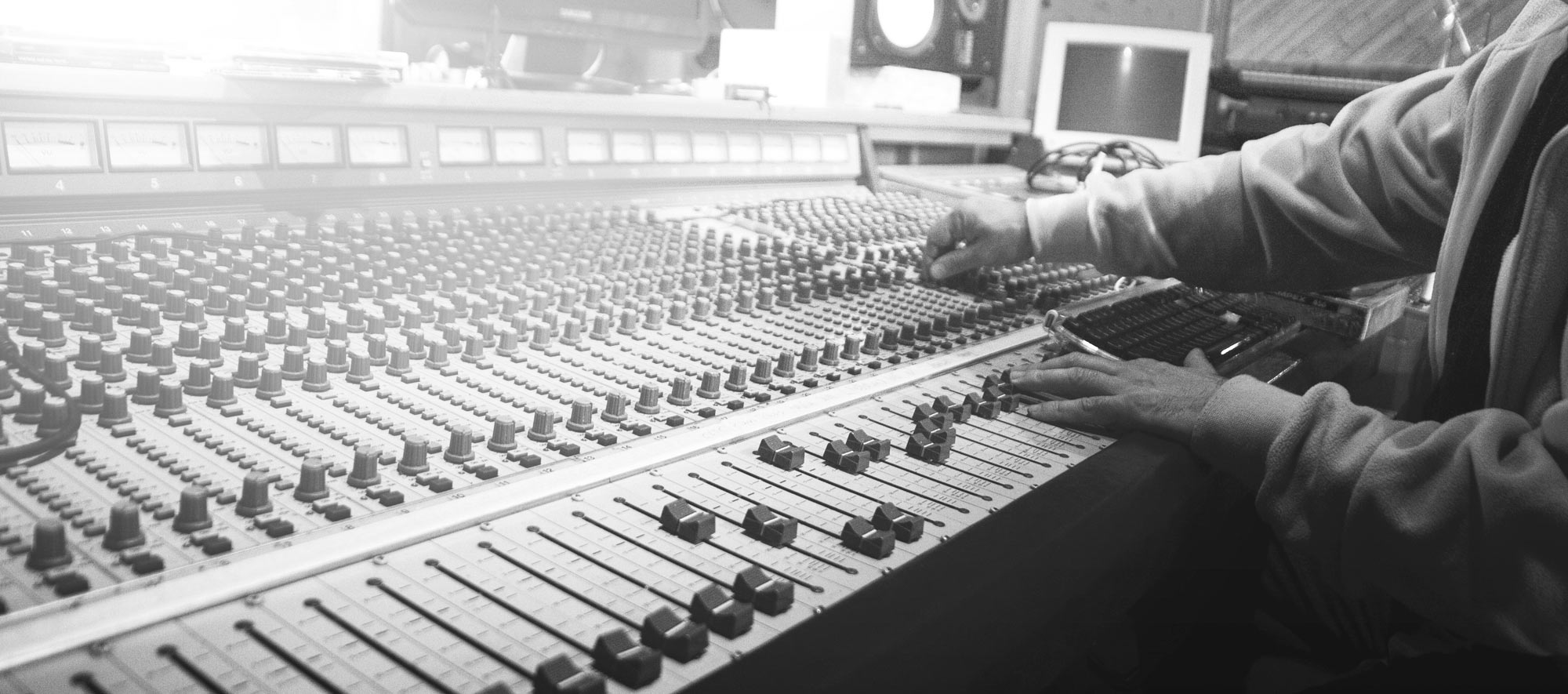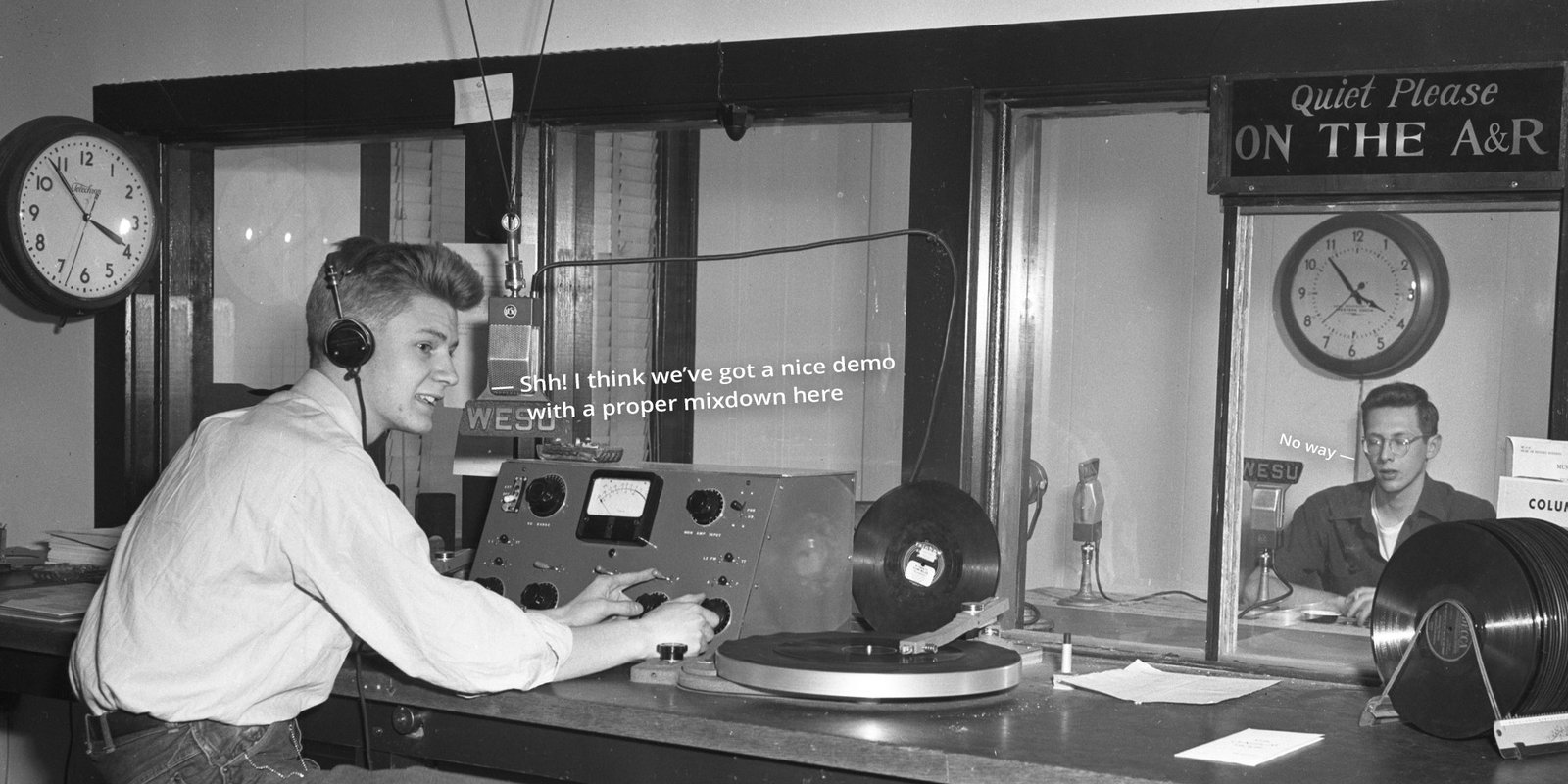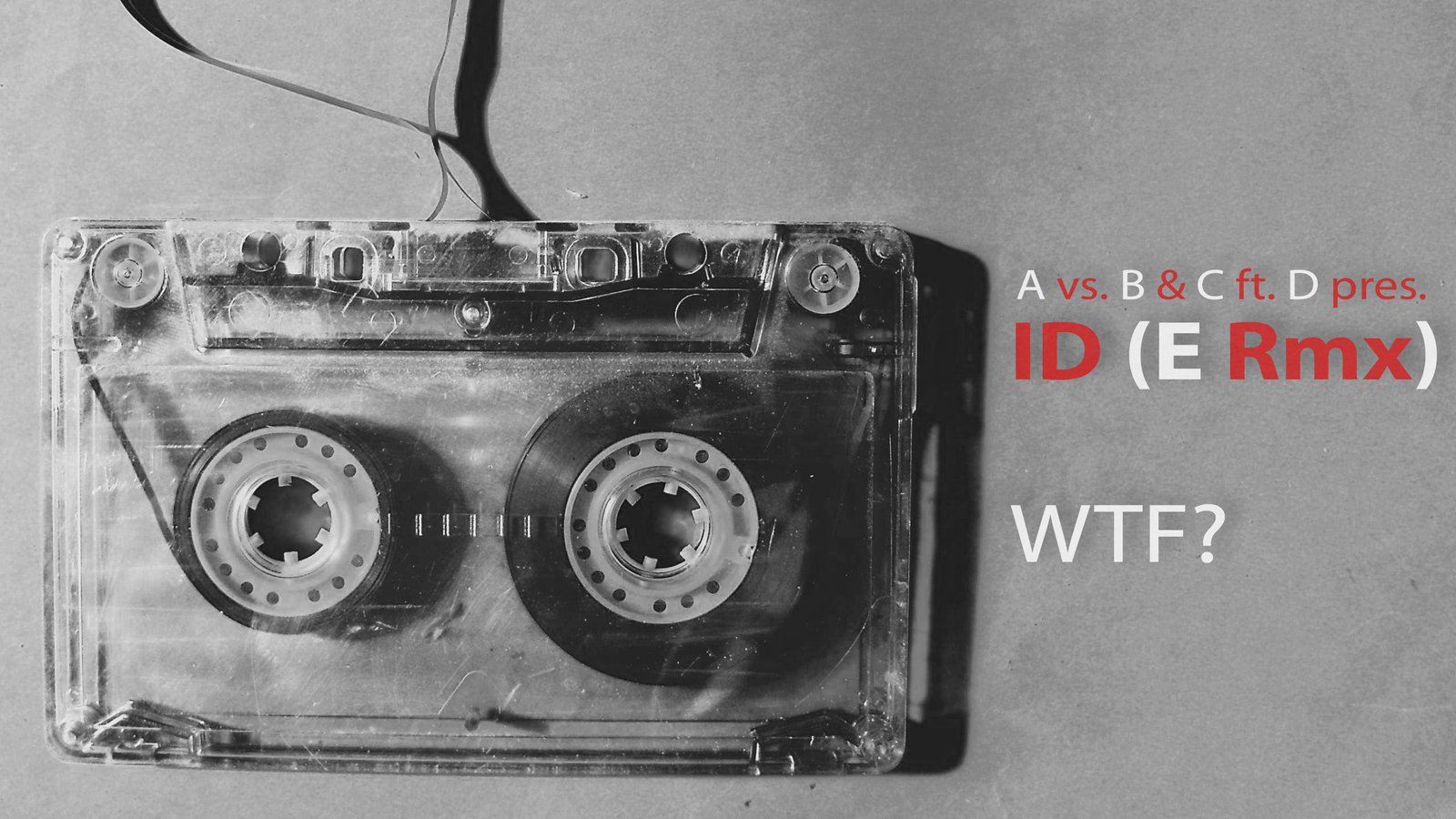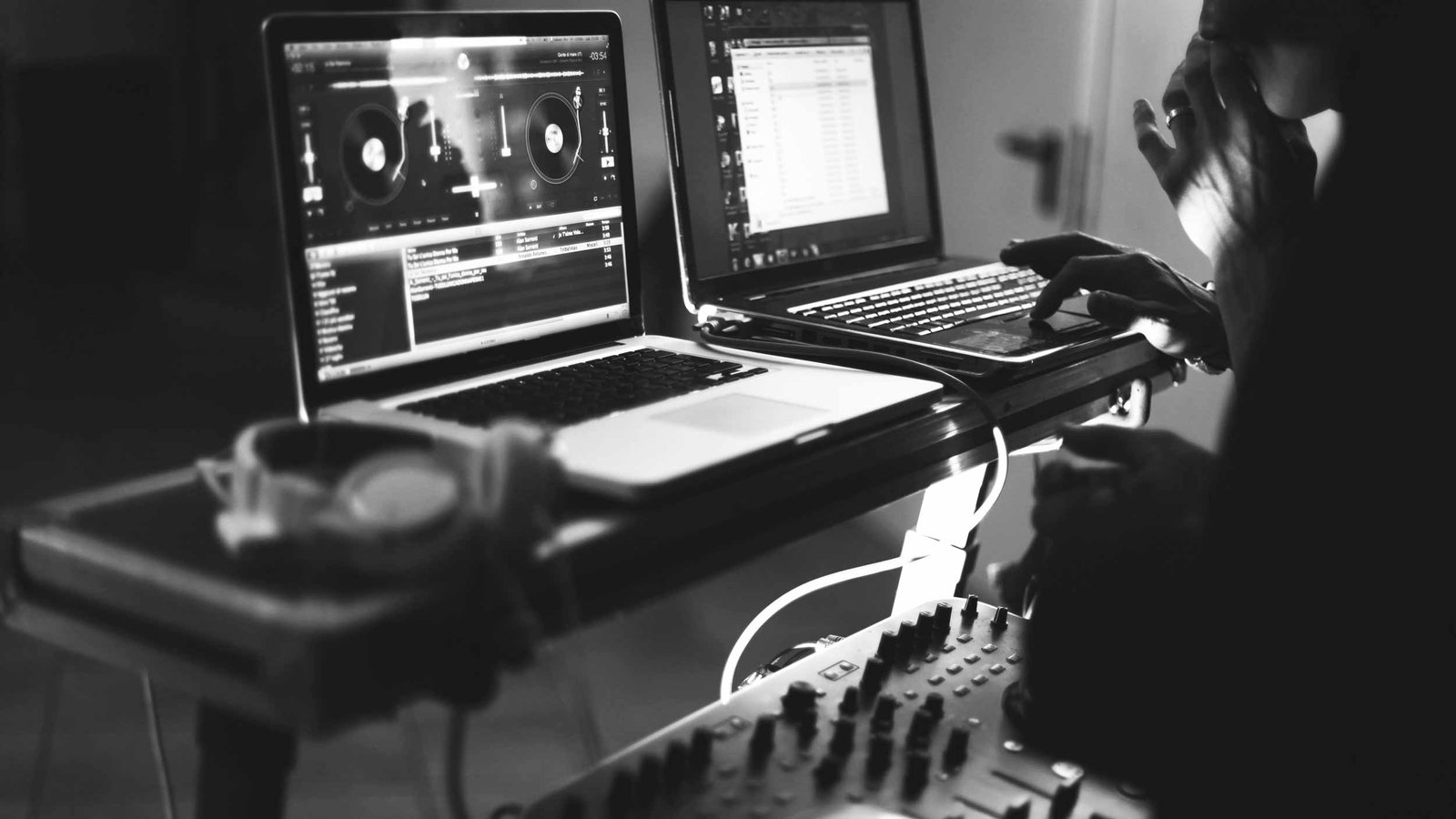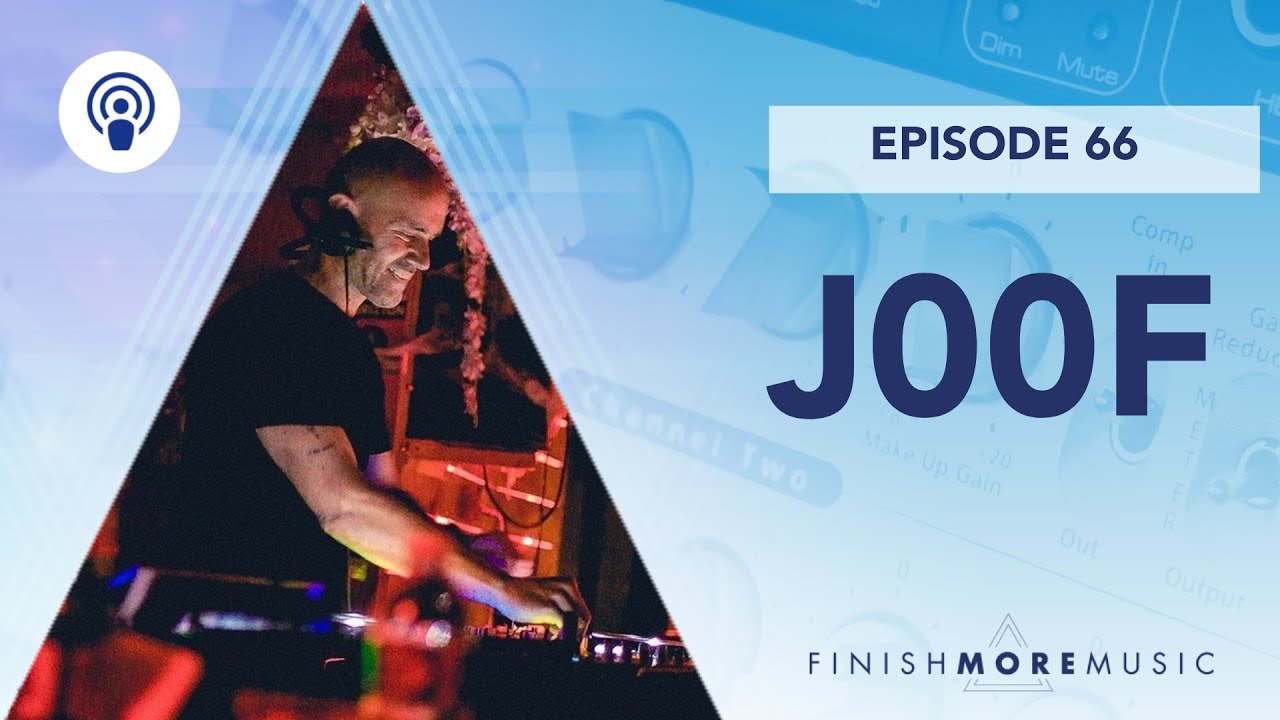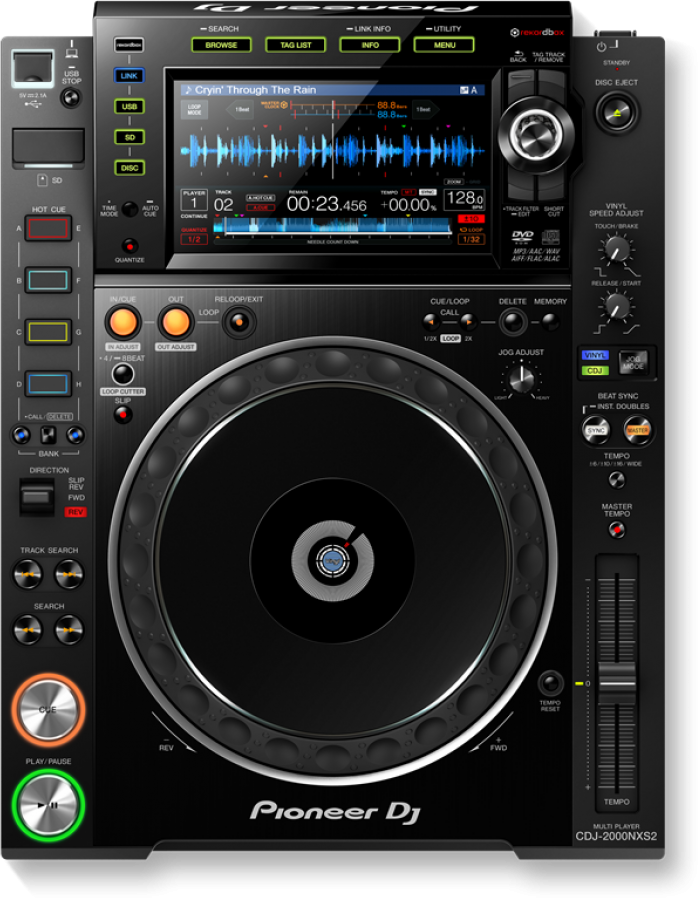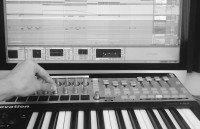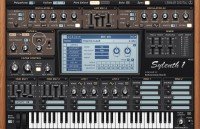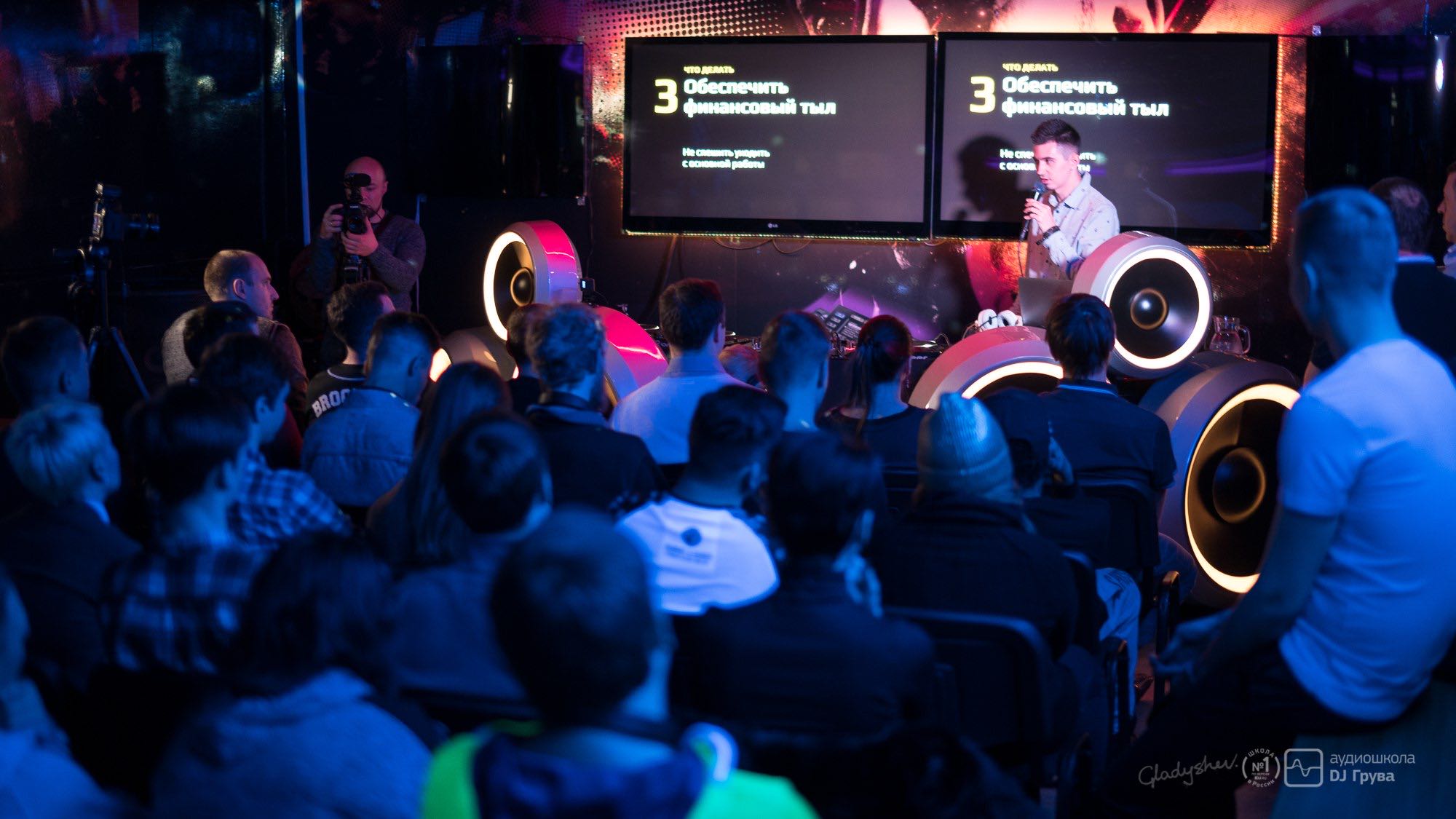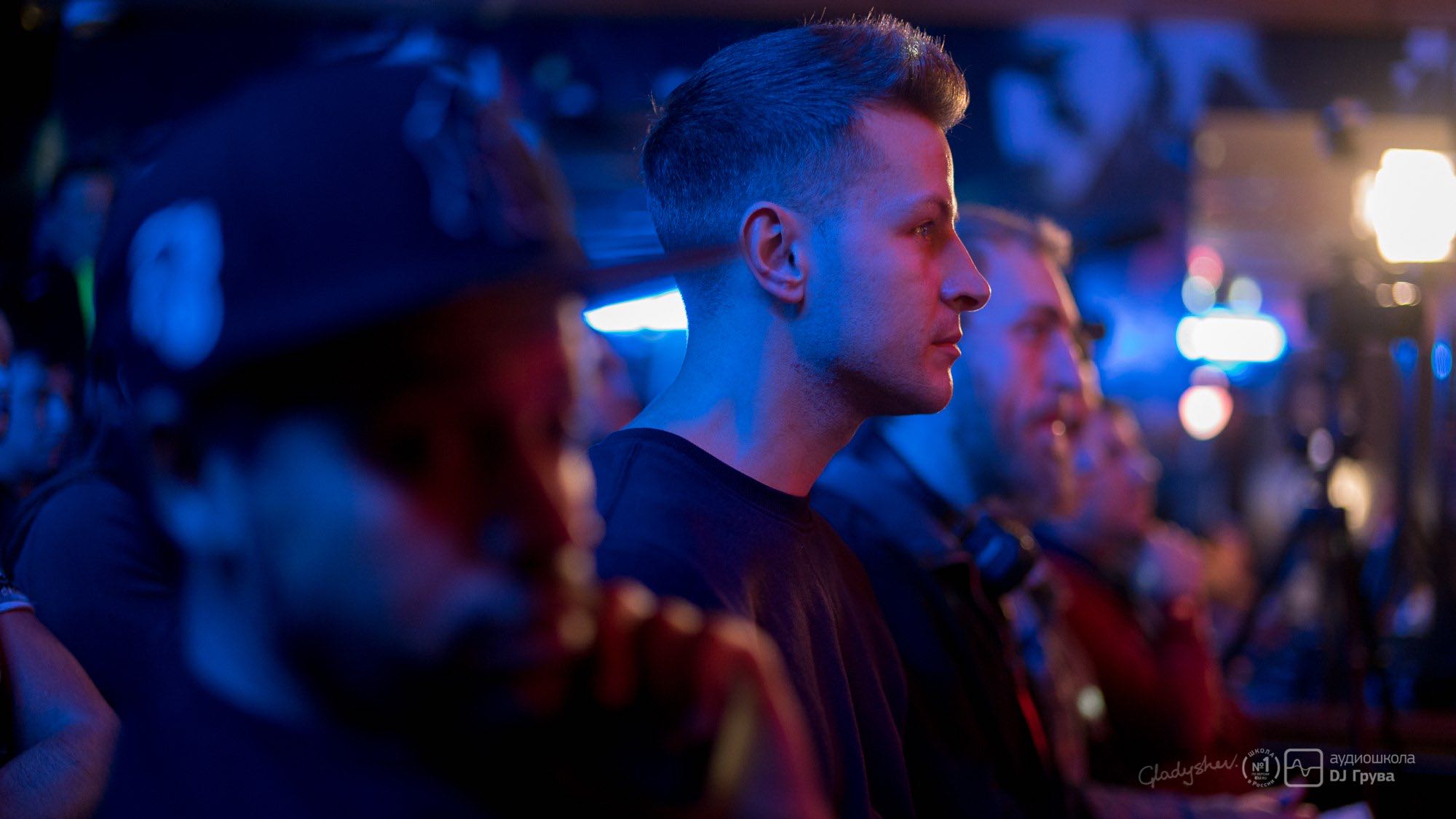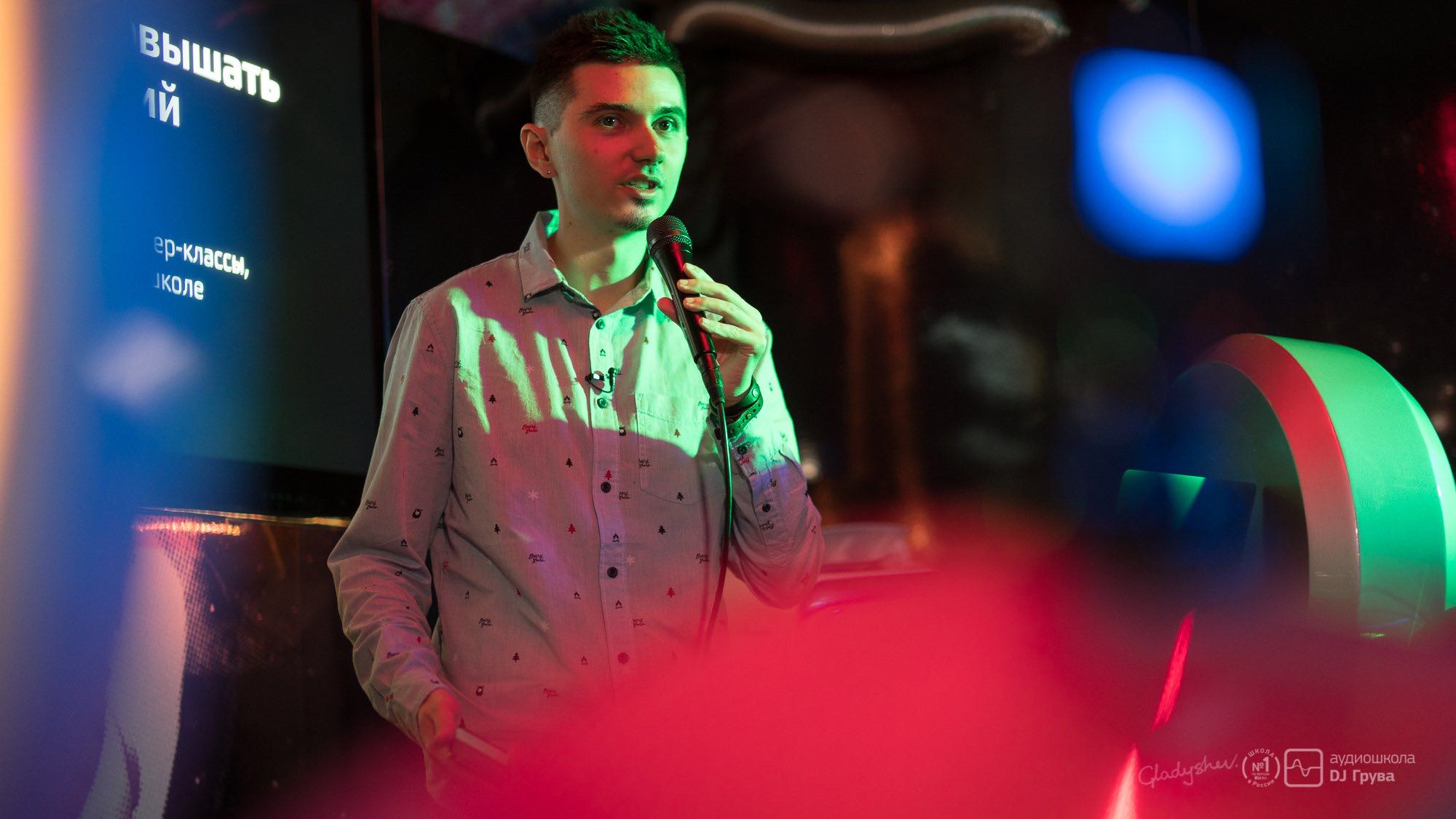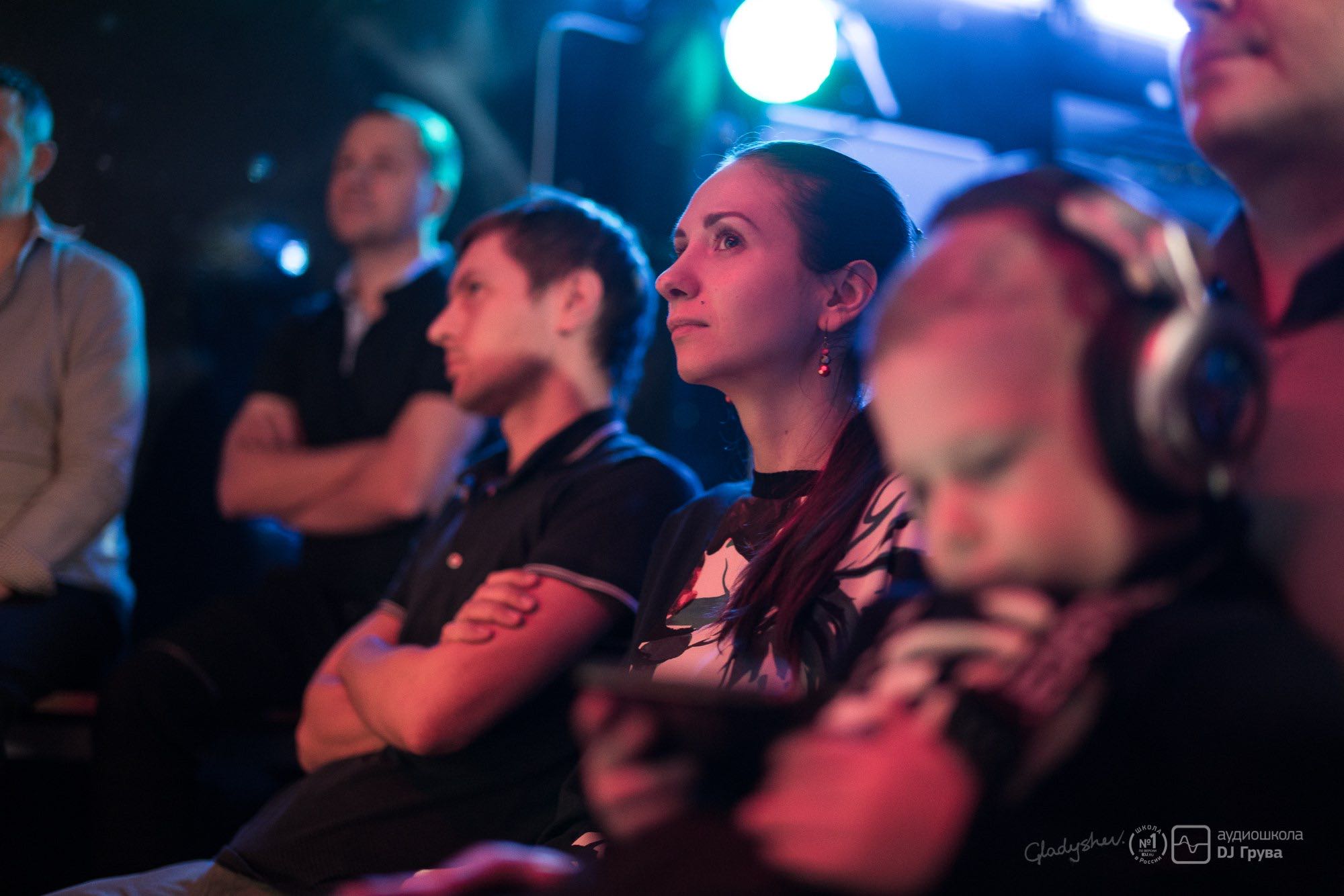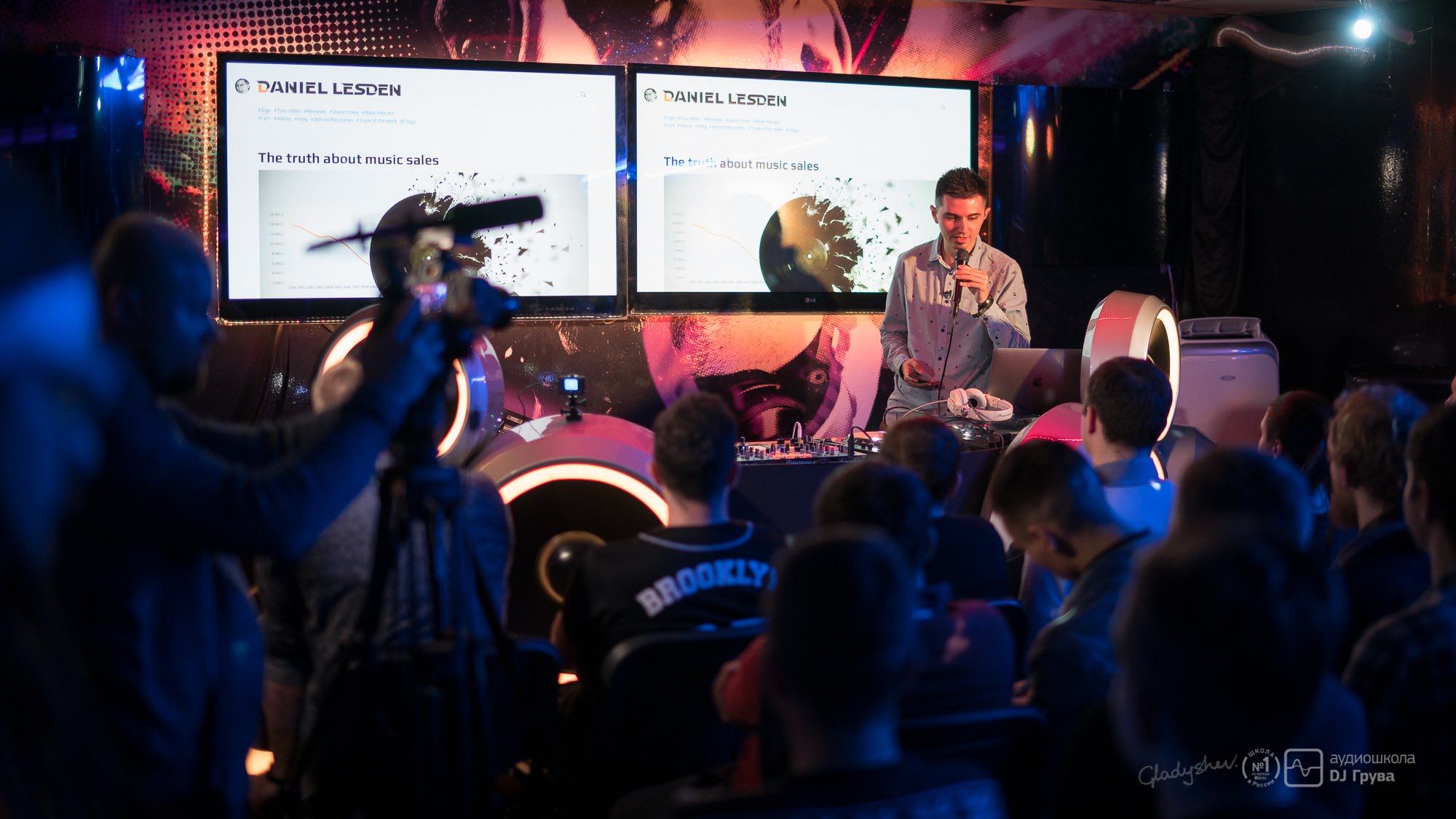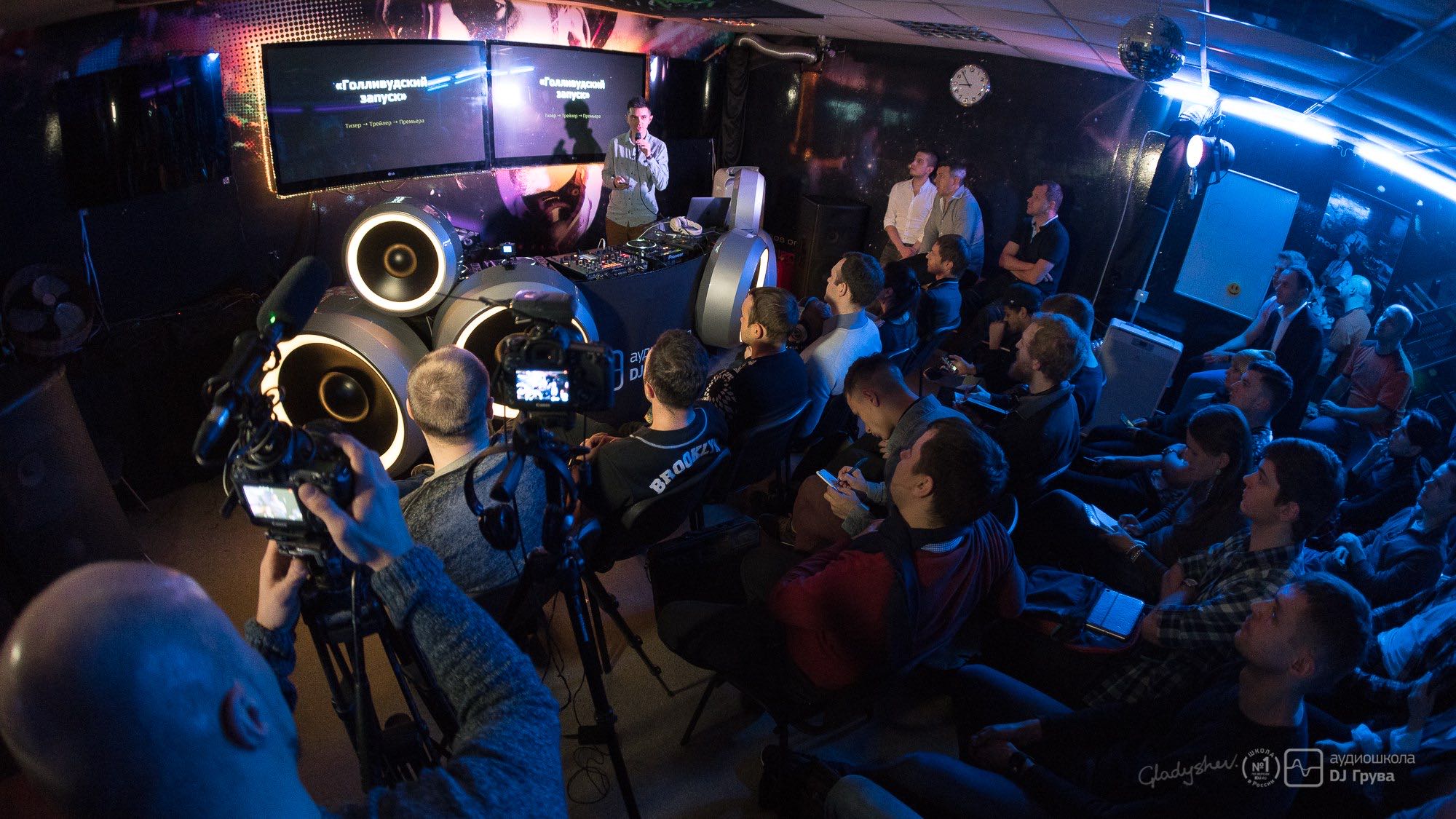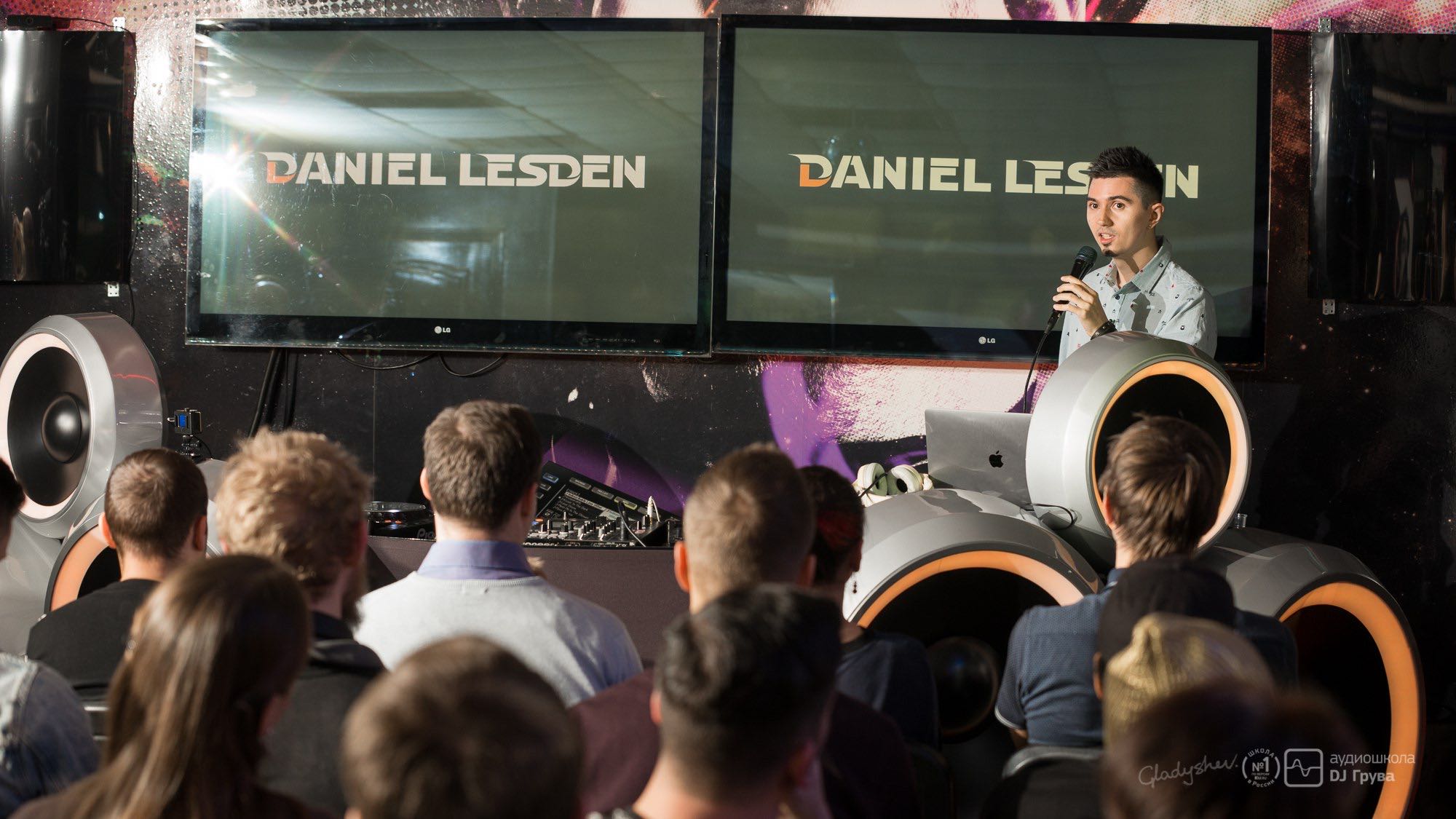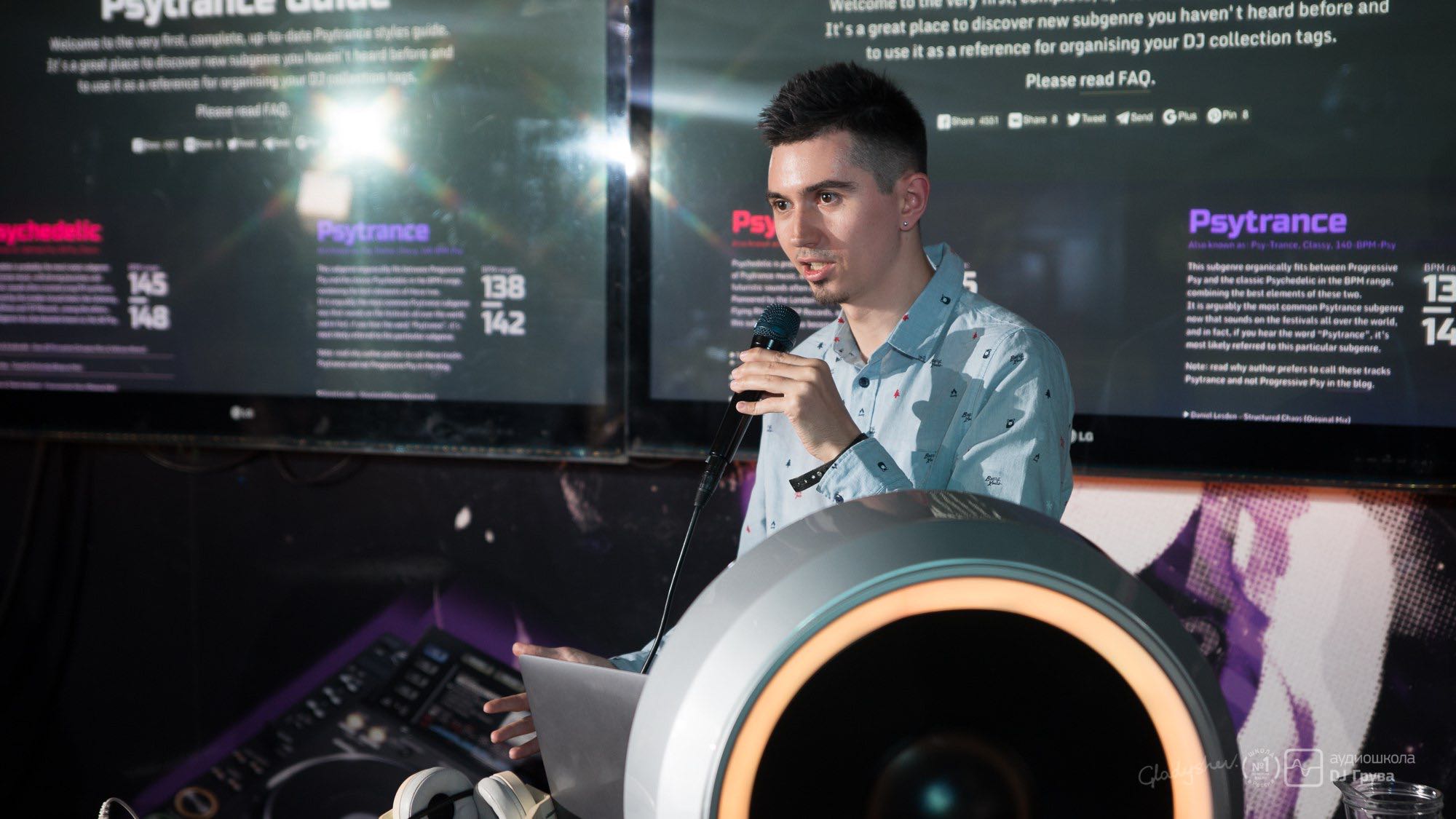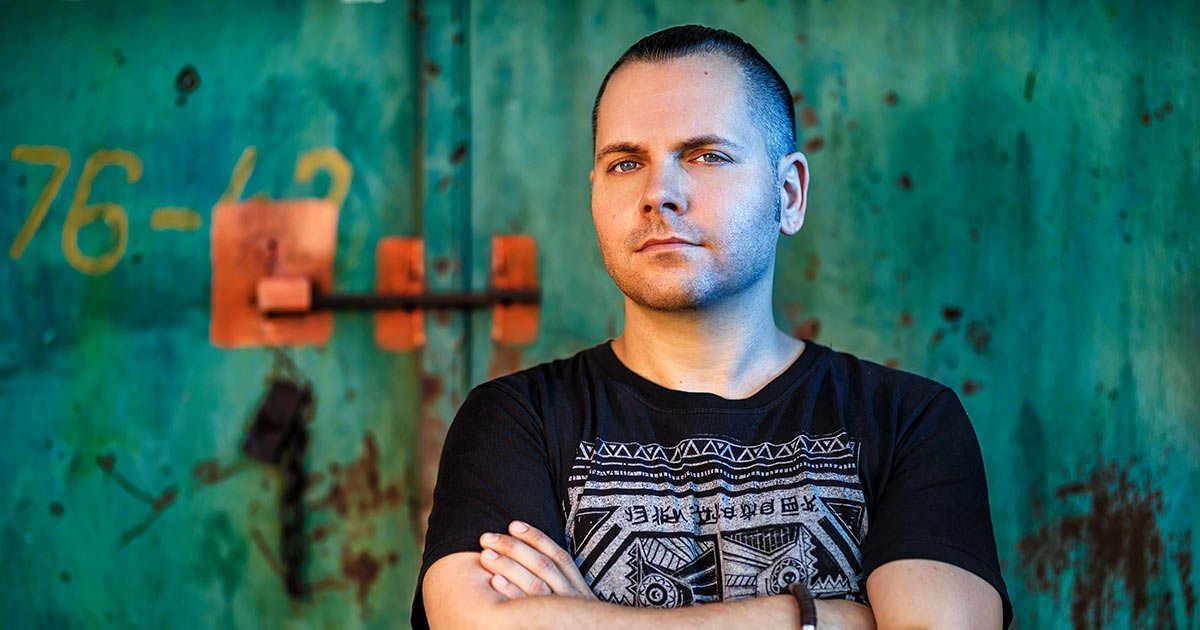I mix using Traktor and a MIDI-controller, and often I play a track faster or slower than its original tempo. And while I’m doing this, I hear a very noticeable distortion especially in the low-end area, it’s like the bassline loses all the juices. Technically, I realise there is some interpolation happening or something. But as far as I remember, when I mixed on a Pioneer mixer DJM-800 and 2000NXS, there was nothing like this. So, my question is: how to avoid this? Should I mix in Ableton instead if there is no such stretching issue? By the way, I’m using Key Lock to keep the original pitch of the track.
Sergey Khivuk
Sergey, it’s all about the Key Lock function you use. Pioneer calls it Master Tempo, but it works the same. I’m going to call it Master Tempo too, just to avoid confusion.
You see, tempo and pitch are two physical properties that bent together. Slowing down the tempo lower down the pitch, and increasing the tempo raises up the pitch.
Let’s listen to a few examples with a vocal song to get a better understanding of what’s happening. Here is the original song:
If we significantly increase the tempo, the voice will sound like a hamster on steroids:
And if we significantly decrease the tempo, Lana will sound almost like a man:
Notice duration of these samples: it’s the same fragment, but in its original tempo it’s 29 seconds long, in the increased tempo — 18 seconds, and in the decreased tempo — 46 tempo. So the tempo and the pitch does bend together, indeed. Nothing fancy so far.
Now let’s turn on the Master Tempo function. I’m using Ableton to emulate this, but on Traktor and Pioneer gear it would be the same:
On a higher tempo, we certainly hear that Lana sing faster whilst her voice timbre remains almost clear. Well, at least not a hamster-like in the pitched-up example above.
Now let’s do all the same but with Psytrance. Here’s a track from Lyktum, 140 BPM, D#m:
Here’s the same fragment, but at 150 BPM:
It’s got about a semitone higher and the energy has changed, but still quite alright.
And now also 150 BPM, but with a Master Tempo emulation to keep the original pitch:
This is awful. The bass is fuzzy, and mids and highs aren’t clear — it’s like listening to a 64 kbps MP3 (FYI, the samples uploaded here are in 320 kbps). I guess this is somewhat what you are experiencing?
Let’s recap:
- For vocal and non-dance music like Ambient, the Master Tempo feature might work, potentially.
- For all electronic dance music, including Psytrance, the Master Tempo is certainly a no-no.
Keep in that that Master Tempo always altering the sound and decreasing the quality, sometimes it’s just more audible, and sometimes less. Even Pioneer states this:
“The sound is digitally processed, so the sound quality decreases”. Pioneer CDJ-2000 User Manual, page 15.
To avoid quality loss, simply don’t use Master Tempo and try to mix tracks with roughly the same tempo. If you mix a 140 BPM track with a 142 BPM track, that’s fine. If you mix a 140 BPM track with a 148 BPM track, the pitch change will be noticeable.
On average, every ±6–7 beats per minute lowering or raising the pitch for one semitone. For example, a 145 BPM Cm lower down to 138 BPM would Bm. Or, a 140 BPM D#m increased to 146 BPM would Em. Hence why it’s a rule of thumb to mix the tracks within the 2–3 BPM difference tops.
I hope it makes sense.
Read also: Harmonic mixing


